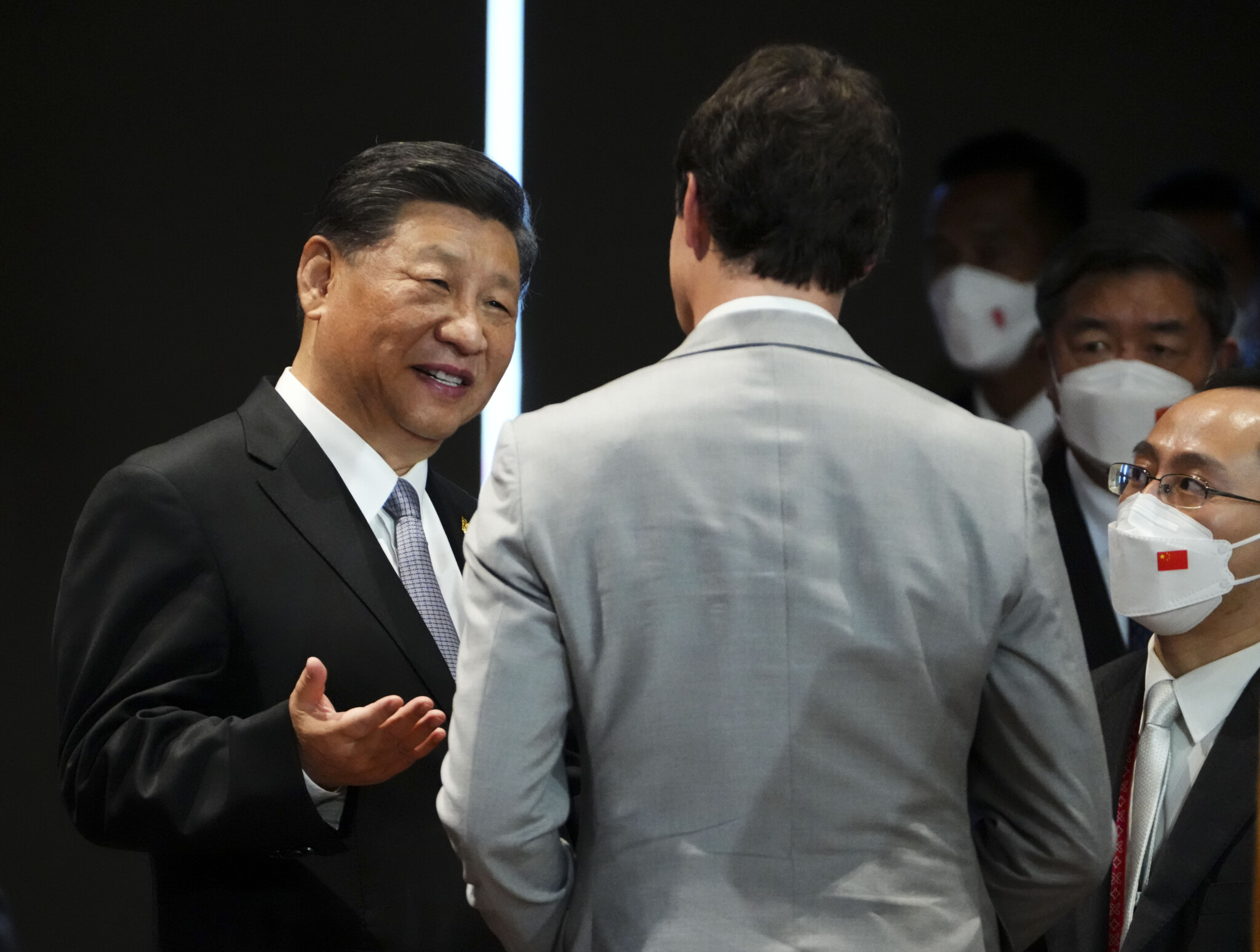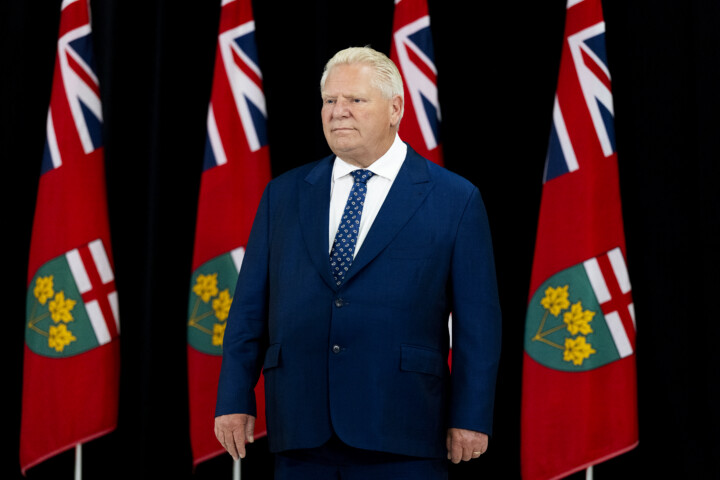Conservative Party leader Pierre Poilievre’s recent call for the government to impose major tariffs on Chinese electric vehicles alongside other manufactured goods is bound to provoke an intra-conservative debate—in particular, whether this is a genuine case of national security or standard-fare protectionism for a preferenced sector.
The notion that Canada ought to think about China in different terms than other countries is itself not controversial. I’ve made this case in various places, including a 2022 debate hosted by the Ontario Chamber of Commerce. My debate opponent, Andrew Coyne, has even come around to this position in a May 2024 column.
The question is: what does that mean in practice? Should Canada impose tariffs on all incoming Chinese goods? Should it limit tariffs to ones with clear national security implications? If yes to the second question, how does one define these strategic sectors or productive capacities?
I’d be happy for us to take a far harder line on China. I’ve written in favour of new global trading arrangements among capitalist democracies that exclude China. I’d support a serious programme of decoupling even if came at some cost. And I’d even be open to international efforts to seek reparations for its negligence in the COVID-19 pandemic.
But few mainstream politicians are arguing for such a fundamental shift in our relationship with China. Instead they’re talking about limited sectoral tariffs in cases where China is capable of undercutting Western producers. In such a context, I find it challenging to make the case that electric vehicles are a strategic sector or a national security risk.









